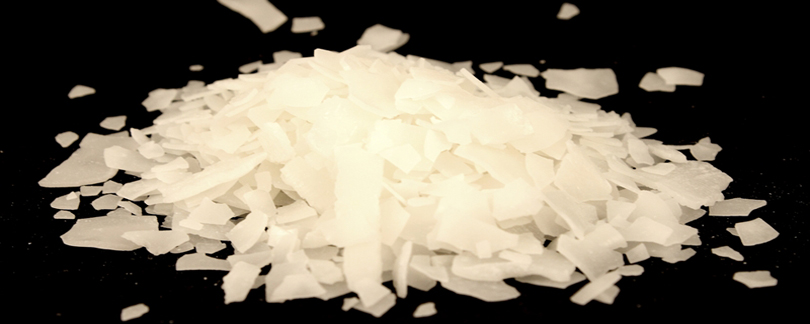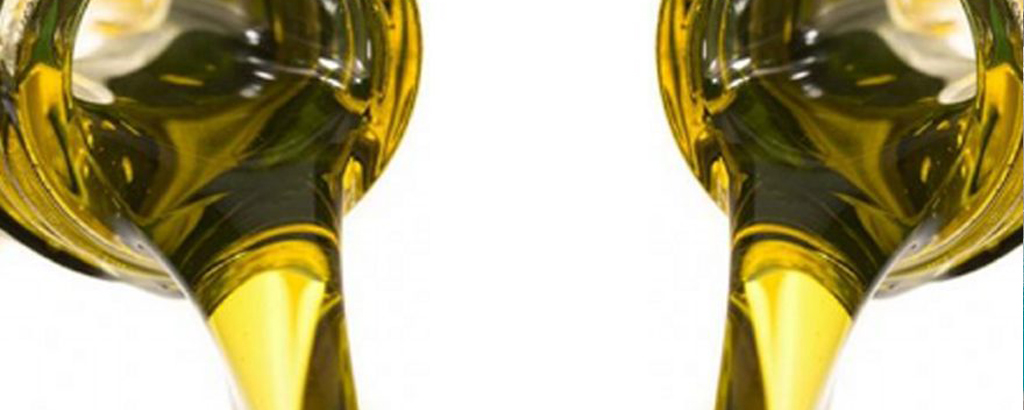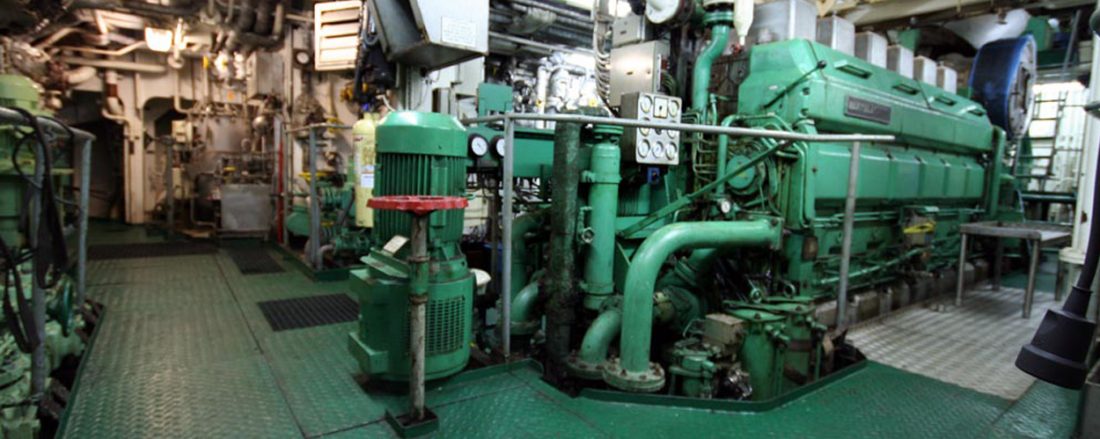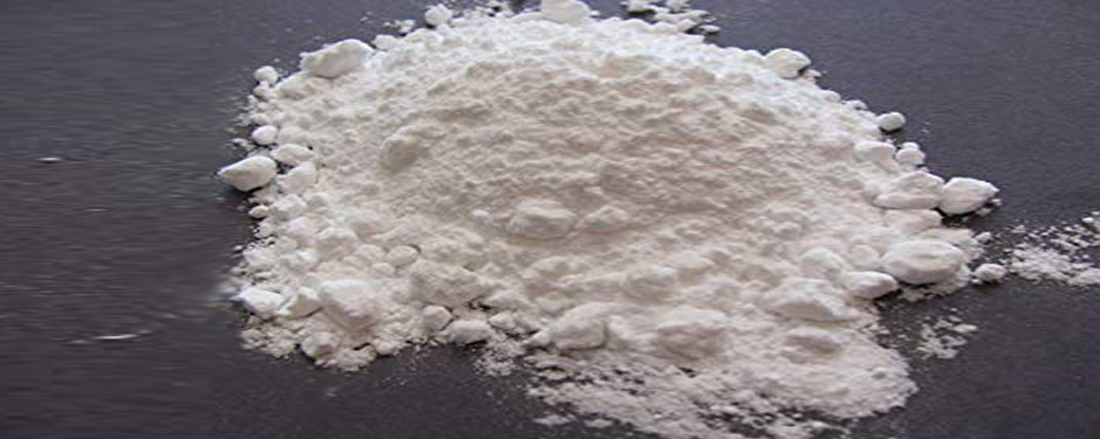Sulfate Test Kit Indicator.
SULFATE TEST KIT manufacturer supplier distributor in Mumbai, Kandla, Kolkata, Vizag, Chennai, India, Fujairah, Dubai, Sharjah, UAE, Gulf, Middle East, Muscat Oman, Kenya Africa. Get the best quality of SULFATE TEST KIT at a competitive price from us. We have ready stock of SULFATE TEST KIT in India, UAE Gulf, Oman, Kenya Africa. Contact us for bulk as well as small orders.
Turbidimetric Photometric Method (0-50ppm)
Principle / Concept
This method is based on the precipitation of sulfate ion in a hydrochloric acid medium with barium chloride in such a manner as to form barium sulfate crystals of uniform size. The glycerol sulfate solution is used to maintain proper crystal size, and control of the stirring and waiting times is necessary to obtain reproducible result. The resultant turbidity is measured at a wavelength sensitive to turbidity on a photometer. The blank serves to partially cancel out interferences due to color and suspended matter.
Apparatus Required :::
Filter photometer complete with assorted laboratory glassware. ::: RXSOL-62-6198-001 doesn't include this apparatus
Chemicals Required
Glycerol Sulfate Solution ::: Part No. RXSOL-62-6198-002 http://rxmarine.com/Glycerol-Sulfate-Solution
Barium Chloride (Natural ) Solution ::: Part No. RXSOL-60-6263-250 rxmarine.com/Barium-Chloride-Solution
Sulfate Standard ::: Part No. RXSOL-62-6198-003 http://rxmarine.com/Sulfate-Standard-Solution
Water Testing Procedures Manual ( Full Range Lab testing Methods with standard composition ratio Of Reagents ::: Available with us at 2700 INR or 54 US$ or 207 AED
SULFATE TEST
The principal problem potential posed by sulfate ions in water is the possibility of calcium sulfate scale formation. Precipitation of calcium sulfate can occur when high concentrations of both calcium and sulfate exist simultaneously. There are three primary areas of water treatment in which calcium sulfate precipitation may occur boilers, cooling systems, and ion exchangers operating in the hydrogen or acid mode.
In boilers, calcium sulfate scale formation has been reduced to a minimum by modern treatment practices. The low hardness levels largely preclude calcium sulfate boiler scale. By contrast, cooling systems are subject to calcium sulfate scale deposition because the makeup is usually not treated for hardness removal. Cooling water is usually treated with sulfuric acid for pH control, and the makeup is cycled, i.e. concentrated. Calcium sulfate scale deposition can result unless the cycles of concentration are properly controlled in conjunction with the proper use of scale control chemicals. Cation ion exchangers regenerated with sulfuric acid also can pose a major calcium sulfate problem. Calcium sulfate precipitation can be avoided by controlling the acid concentration and the flow rate through the exchanger.
This procedure uses a wavelength of 420 nm and a cell with a light path of approximately 10-mm. First prepare a calibration curve for the photometer using successive dilutions of the sulfate standard to adequately cover the range of sulfate in the samples to be tested. The dilutions of the standard should be treated in exactly the same manner as that shown below for analysis of the water samples. Using a 50-ml plastic graduate, add 50 ml of sample to a 125-ml glass flask. Pipet 10 ml of glycerol sulfate solution into the flask and swirl the solution. Pipet 5 ml of distilled water into the flask, swirl the solution and use this solution to set the photometer at zero absorbance. Discard the solution and rinse the flask with distilled water. Into a second 50-ml sample, pipet 10 ml of glycerol sulfate solution and swirl. Adjust the temperature of the sample to 70 to 75F, and pipet 5 ml of neutral barium chloride solution into the same flask. Stir the solution by rotating a rubber paddle between the palms at moderate speed for exactly five seconds. Wait exactly five minutes, and then measure the absorbance on the photometer.
Calculation of Results The sulfate concentration in parts per million as SO4 is obtained by reference to the prepared sulfate calibration curve.
Limitations of Test
Color or large amounts of suspended matter will interfere with this method, but some suspended matter may be removed by filtration. Also the presence of color and suspended matter is compensated for to some extent by the blank determination. Silica in excess of 500 ppm will interfere, and in samples containing large amounts of organic material, it may not be possible to precipitate barium sulfate satisfactorily.









